Social Media Marketing
Home > Social Media Marketing

Amplify Your Brand and Connect with Your Audience
In today’s digital world, social media is one of the most powerful tools for businesses to connect with their target audience, build brand awareness, and drive sales. Social Media Marketing (SMM) is the process of using social media platforms like Facebook, Instagram, Twitter, LinkedIn, TikTok, and others to promote your products or services. By leveraging the right social media strategies, businesses can engage with their audience, improve brand loyalty, and achieve measurable marketing goals.
Whether you’re just starting with social media or looking to enhance your existing efforts, social media marketing services can help you maximize your online presence and drive tangible results.
Key Components of Social Media Marketing
1. Strategy Development
Before diving into social media, it’s essential to have a clear strategy. This includes understanding your target audience, setting clear marketing goals (e.g., increasing website traffic, building brand awareness, generating leads), and selecting the right platforms to focus on. A strong social media strategy provides direction and ensures your efforts are focused and measurable.
2. Content Creation and Curation
Content is the heart of social media marketing. Whether it’s images, videos, blog posts, infographics, or customer reviews, creating high-quality and engaging content is critical. Businesses need to produce content that resonates with their audience, conveys their brand message, and encourages engagement.
- Content Creation: Original content tailored to your brand’s voice and goals. This could include blogs, articles, product demos, tutorials, behind-the-scenes content, and more.
- Content Curation: Sharing valuable content from other sources that aligns with your brand’s values or is of interest to your audience. This could be industry news, thought-leadership articles, or user-generated content.
3. Social Media Advertising
Paid social media ads are an effective way to increase reach, drive conversions, and target specific audiences. Platforms like Facebook, Instagram, LinkedIn, and Twitter offer sophisticated ad targeting options, allowing you to show your ads to people based on factors like demographics, location, interests, and behaviors.
Common types of social media ads include:
- Display Ads: Visual ads shown in users’ feeds or sidebars.
- Video Ads: Short video clips that promote your brand or products.
- Sponsored Posts: Organic posts that appear in users’ feeds with a paid boost.
- Carousel Ads: Ads that allow users to swipe through multiple images or videos.
4. Community Engagement
Engaging with your audience is crucial for building a loyal customer base. Responding to comments, starting conversations, and liking and sharing your followers’ content builds a sense of community. Social media is a two-way street; it’s not just about promoting your business but also listening to and interacting with your audience.
5. Analytics and Reporting
Tracking performance is essential for optimizing your social media strategy. Social media platforms offer analytics tools that allow businesses to monitor metrics like engagement rates, click-through rates, follower growth, and more. By analyzing these metrics, businesses can adjust their strategy, create more effective content, and improve overall performance.
6. Influencer Marketing
Influencer marketing involves partnering with influencers (individuals with large followings) to promote your brand. Influencers can help increase brand awareness, drive traffic, and generate conversions by recommending your products to their followers. Influencer marketing is particularly effective in niches like fashion, beauty, fitness, and tech.
Why Choose Us
Clients Feedback
Our Clients Reviews
Our clients appreciate our results-driven approach, exceptional customer service, and the measurable growth we deliver for their businesses.


